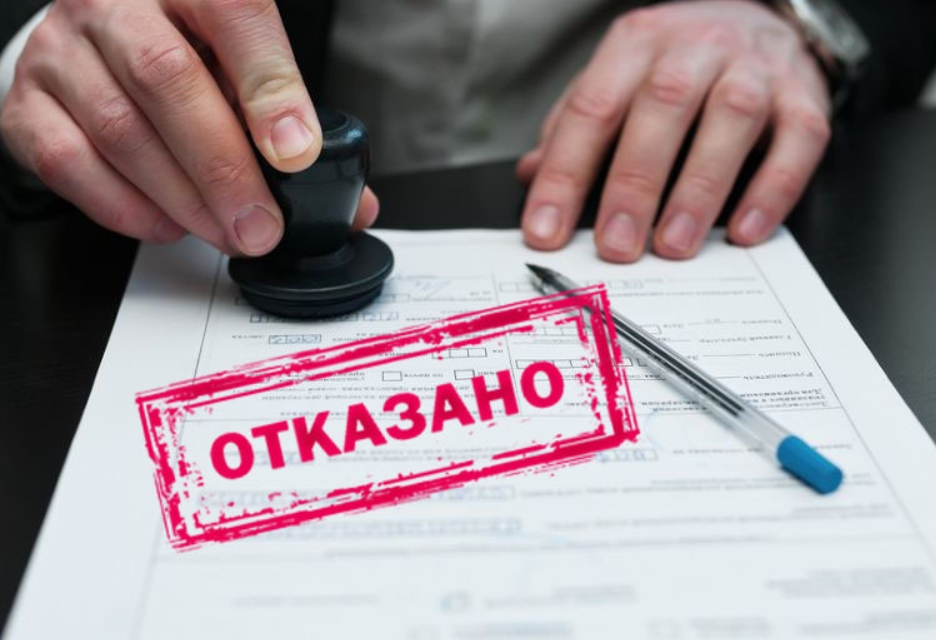
The budgetary institution applied to our client for services to prepare the application and collect missing documents to obtain licenses for the use of aquifers. The services were rendered, the client prepared an application, received the necessary documents, and informed the customer on what additional documents should be submitted with the application. The customer did not want to attach additional documents (regarding their financial condition) to the application, specifically did not want to, because, in their opinion, the financial condition of this budget institution “is already known to everyone”. The contractor repeatedly reminded the customer of the error of this approach, but there was no reaction. The issuance of the license was denied. The term of the contract with the customer had already expired by that time, and the customer demanded that the contractor issue a license to him without documents about his financial condition, saying that someone had “already done it for him that way” before.
As a result, the contractor refused to fulfill this requirement due to lack of opportunities, the budgetary institution refused to pay for services, referring to the failure of the result, for which the services were ordered – the issuance of licenses.
We went to court to protect the interests of the contractor.
By the decision of the Arbitration Court of the city of Moscow of March 19, 2021 in case A40-181830/2020, the claims were satisfied in full, since the defendant did not provide evidence of non-fulfillment or improper performance by our client of the contract. Supporting the conclusions of the court of first instance, the Ninth Arbitration Court of Appeal in the decision of July 2, 2021 indicated that licensing is a public legal process for verifying the information provided for its compliance with license requirements. The positive result of this inspection cannot be guaranteed, and the quality of services cannot be evaluated depending on the satisfaction of the application by the licensing authority. With these conclusions, the Arbitration Court of the Moscow District agreed in the decision of October 18, 2021. The Supreme Court of the Russian Federation has returned the complaint without consideration.

